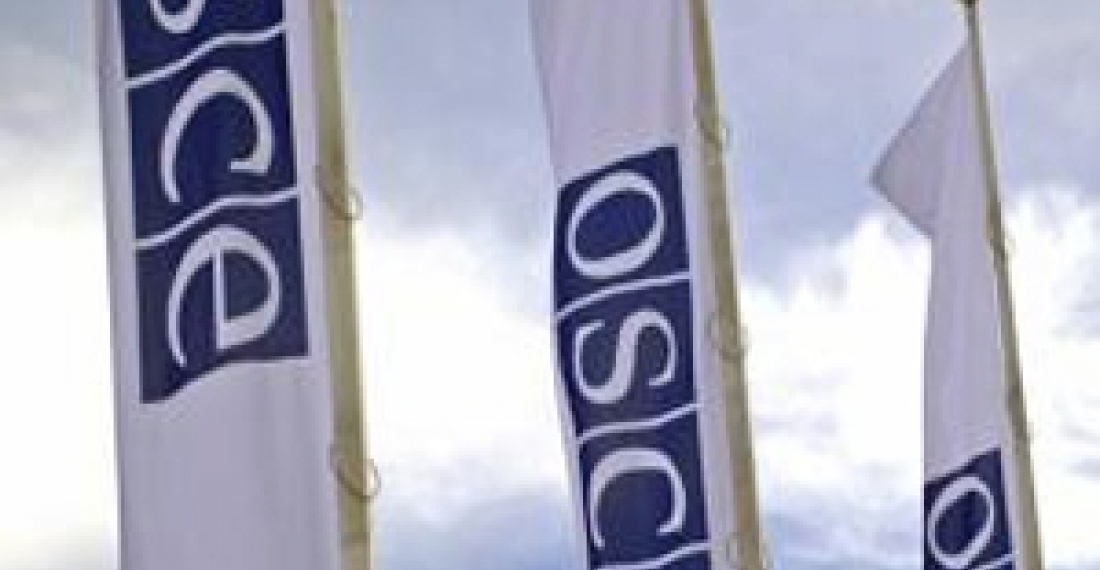The Co-Chairs of the OSCE Minsk Group (Ambassadors Robert Bradtke of the United States, Igor Popov of the Russian Federation, and Jacques Faure of France) and Ambassador Andrzej Kasprzyk (Personal Representative of the OSCE Chairperson-in-Office) traveled May 11-14 to Yerevan and Baku, where they met with Presidents Sargsian and Aliyev to discuss the most recent efforts to resolve the Nagorno- Karabakh conflict.
The press service of the OSCE headquarters told ArmInfo that the Co-Chairs continued their discussions with the sides on how to implement the commitments made by Presidents Aliyev and Sargsian in their January 23 joint statement in Sochi, including to "accelerate" reaching agreement on the Basic Principles as a framework for a comprehensive peace settlement, to work on the mechanism to investigate ceasefire violations, and to develop humanitarian contacts.
The Co-Chairs expressed their concern over recent incidents along the frontlines, and urged the sides to exercise restraint and refrain from retaliation. The Co-Chairs welcomed the sides' reaffirmation of their commitment to seek a peaceful settlement.
The Co-Chairs also discussed with the sides the development of confidence-building measures in the military and people- to-people spheres to enhance trust and strengthen implementation of the 1994 ceasefire. In addition, the Co- Chairs discussed the importance of assessing and preserving at-risk sites of Armenian and Azeri cultural and historical value, in order to protect the shared heritage of the region's peoples while negotiations continue toward a final and lasting peace. The Co-Chairs plan to continue discussions with the Foreign Ministers of the two countries in the near future.
OSCE MG reminds Armenia and Azerbaijan of their commitments to "accelerate" reaching agreement on Basic Principles
OSCE MG reminds Armenia and Azerbaijan of their commitments to "accelerate" reaching agreement on Basic Principles







